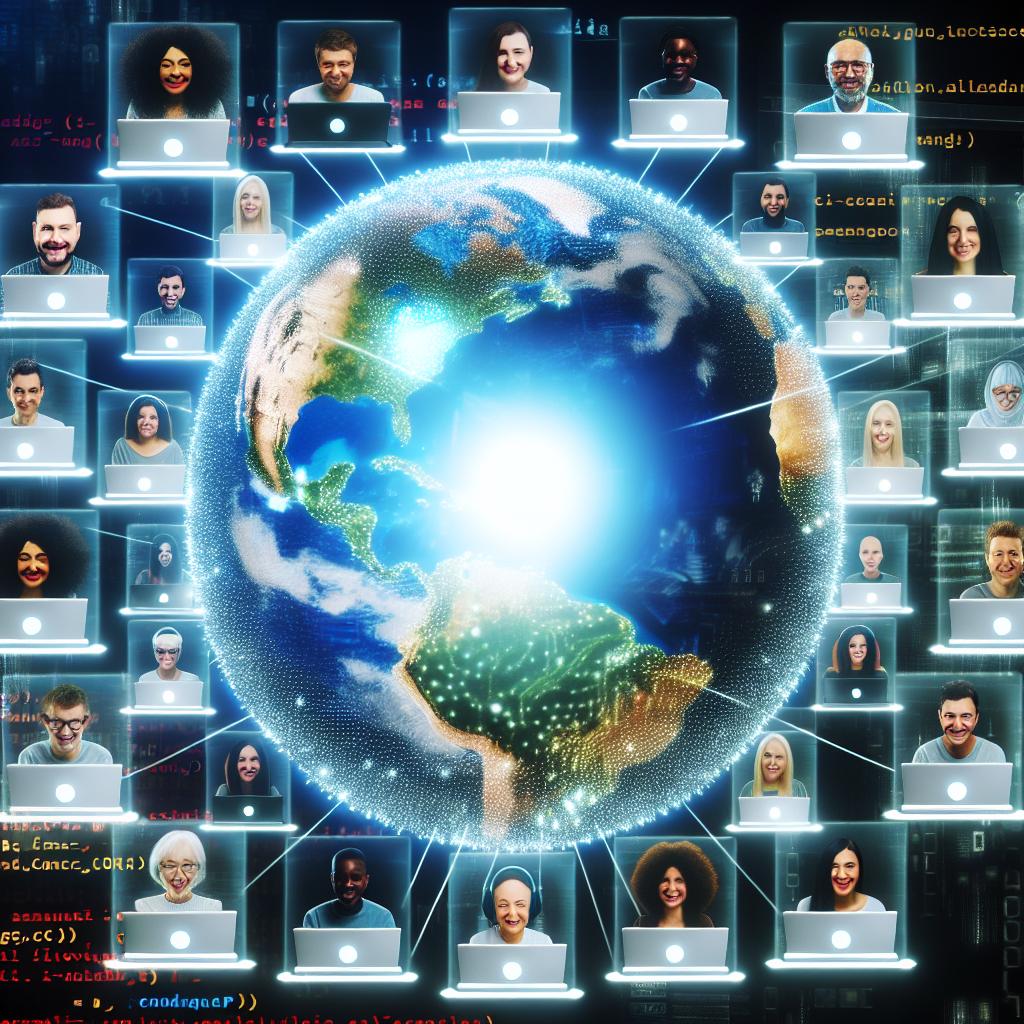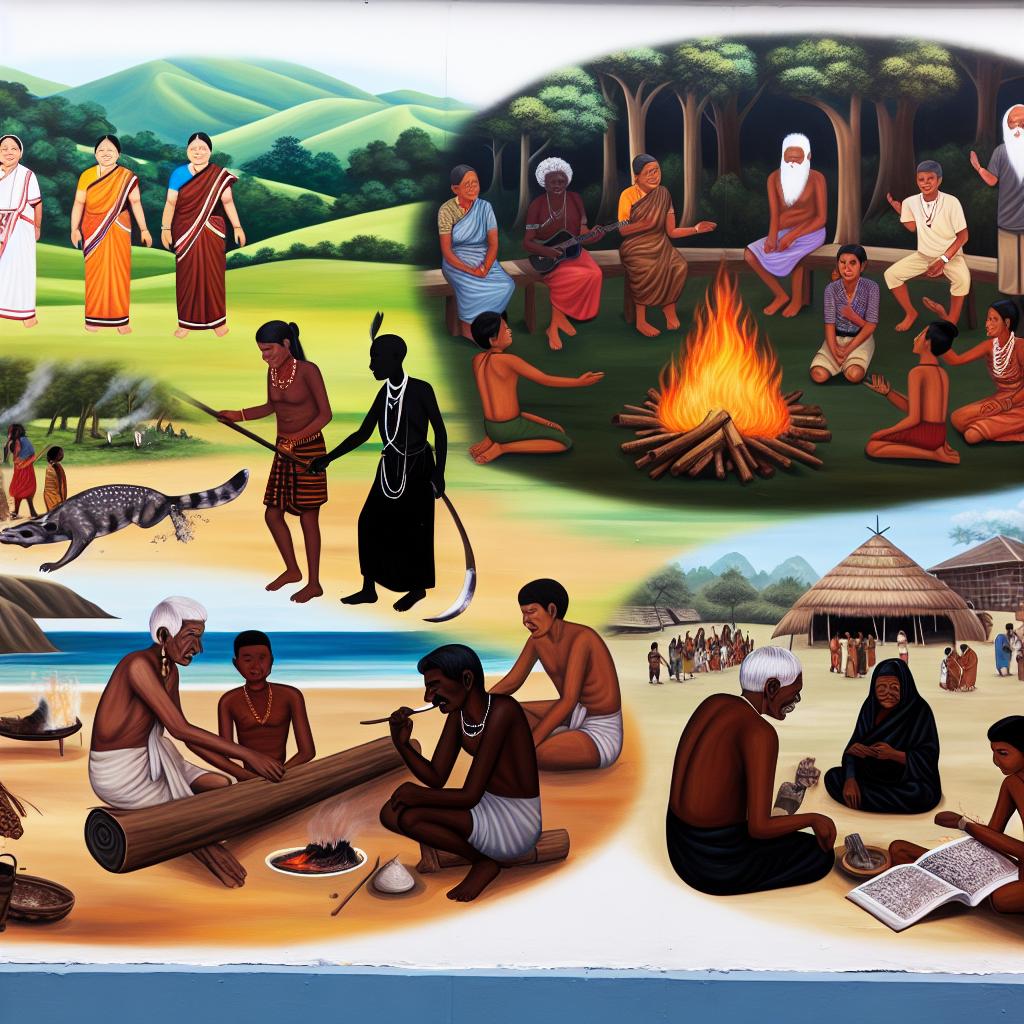Understanding Digital Culture
Digital culture refers to the culture shaped by the use of digital technologies and the internet. It encompasses the way individuals communicate, collaborate, and form their identities online. As digital tools continue to evolve, so does digital culture, influencing various aspects of society, economy, and personal behavior.
Characteristics of Digital Culture
Several key characteristics define digital culture:
Connectivity: Digital culture thrives on connectivity. The ability to connect with others around the world instantaneously has led to the globalization of information and ideas. Social media, email, and instant messaging play crucial roles in maintaining this connectivity. This global reach has allowed individuals and organizations to share information and collaborate on a scale previously unimaginable. Connectivity fosters not only social relationships but also business operations, creating a more integrated and efficient global economy.
Interactivity: Unlike traditional media, digital platforms allow users to interact actively. This interactivity shapes content, fosters engagement, and encourages user-generated content. Whether through comments, likes, or shares, users are participants rather than passive consumers. Interactivity has empowered individuals to become creators of content, influencers, and opinion leaders in their own right. The rise of blogging, vlogging, and other forms of content creation exemplifies how people have embraced platforms that allow for expressive and dynamic engagement.
Personalization: Digital tools enable unprecedented levels of personalization. Algorithms on platforms tailor content to individual preferences, creating unique digital experiences. This personalization enhances user engagement but also raises concerns about filter bubbles and confirmation bias. As users receive content that aligns with their existing beliefs and interests, it can limit exposure to diverse perspectives and reinforce existing viewpoints. This raises important questions about the role of digital platforms in shaping public discourse and cultural understanding.
The Rise of Virtual Communities
Virtual communities are groups of people who interact primarily through digital platforms, sharing common interests, goals, or experiences. These communities can be found in various online spaces, including forums, social media, and virtual worlds. Virtual communities serve as important social ecosystems where individuals forge connections over shared interests, regardless of geographic limitations.
Diversity of Communities: Virtual communities are diverse, ranging from professional networks to hobbyist groups. They provide spaces for niche interests that might not have substantial offline representation. This diversity allows individuals to find likeminded peers easily. The ability to join specialized groups enhances one’s ability to engage with others who have similar passions, leading to increased opportunities for learning, collaboration, and even innovation.
Role of Social Media: Social media platforms have been instrumental in the formation and growth of virtual communities. Platforms like Facebook, Reddit, and Discord enable users to create and join groups based on shared interests, fostering a sense of belonging and enabling the exchange of information. These platforms function as contemporary town halls, setting the stage for discussions ranging from casual exchanges to in-depth dialogues on complex issues.
Impact on Identity and Society
The integration of digital culture and virtual communities into daily life has had profound effects on identity formation and societal structures.
Identity Exploration: The internet provides a space for exploring different aspects of identity. Anonymity and the ability to experiment with multiple personas encourage individuals to explore and express themselves creatively. This flexibility allows people to discover more about who they are and how they fit into the world, experimenting with ideas and identities they might not feel comfortable sharing in offline environments.
Social Movements: Digital culture facilitates the organization and mobilization of social movements. Activism and advocacy campaigns leverage online platforms to spread awareness and galvanize support. This has democratized the ability to drive social change. Digital platforms enable quick dissemination of information and provide tools for organizing protests, petitions, and fundraising efforts, profoundly impacting how social movements are conducted and received globally.
Challenges and Considerations
While digital culture and virtual communities offer many opportunities, they also present challenges:
Privacy Concerns: The pervasive nature of online interactions raises concerns about data privacy and surveillance. Users must navigate the balance between sharing personal information and protecting their privacy. With many platforms collecting vast amounts of data on user behavior, the risk of breaches and misuse of information is heightened, prompting calls for stronger data protection measures.
Mental Health: The intense connectivity and pressure to maintain online presence can affect mental health. Issues such as cyberbullying, anxiety, and addiction to digital platforms require attention and management. The constant influx of information and interactions can lead to stress and a sense of being overwhelmed, necessitating strategies for digital detox and the promotion of healthy online habits.
Understanding digital culture and virtual communities is essential for navigating the ever-evolving digital landscape. As technologies advance, ongoing exploration and adaptation will shape our future interactions. It involves recognizing both the potential of digital culture to enhance connectivity and creativity and its ability to create divisions and ethical dilemmas. Navigating this landscape requires a thoughtful approach to technology’s role in our lives, considering both personal and collective implications. Embracing technological literacy and an adaptive mindset will be key to effectively participating in and contributing to this dynamic cultural environment.



